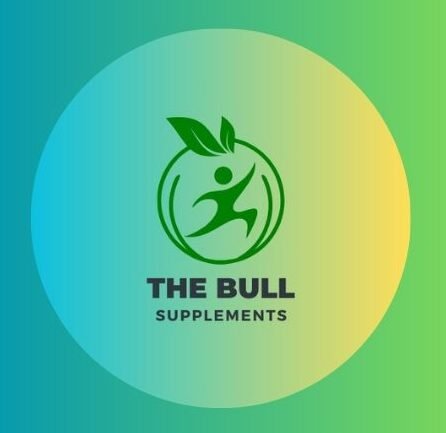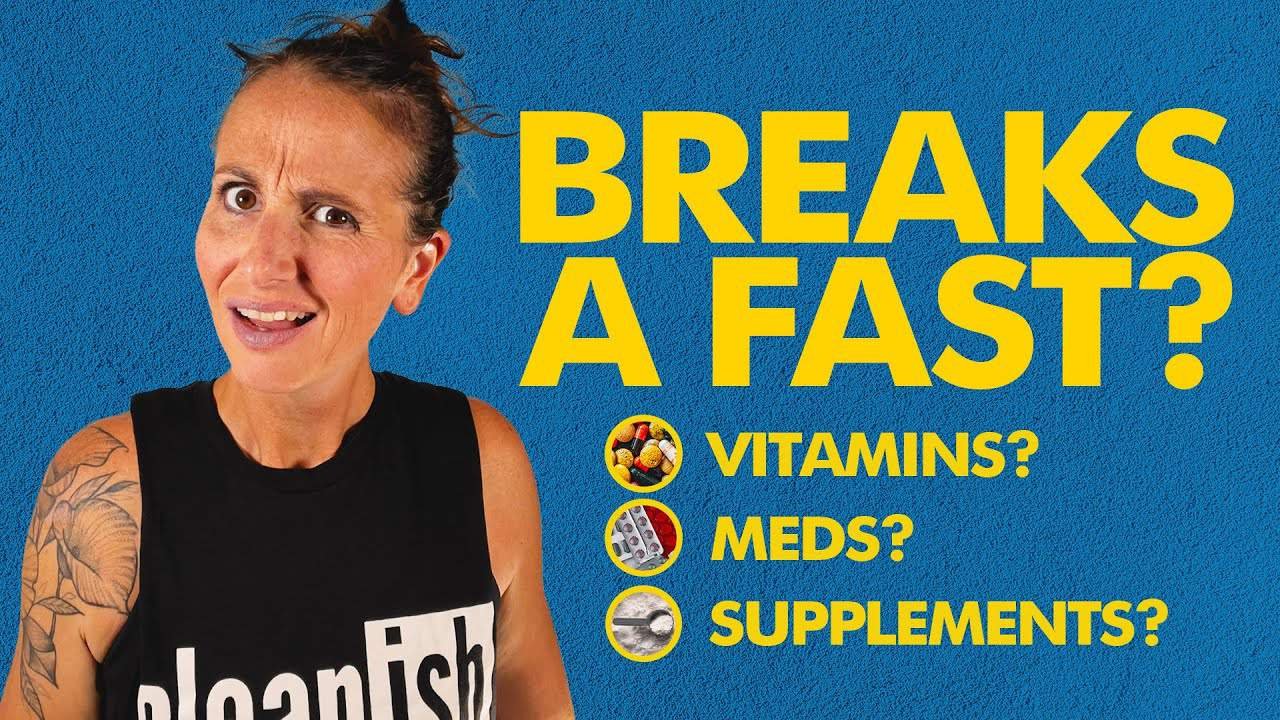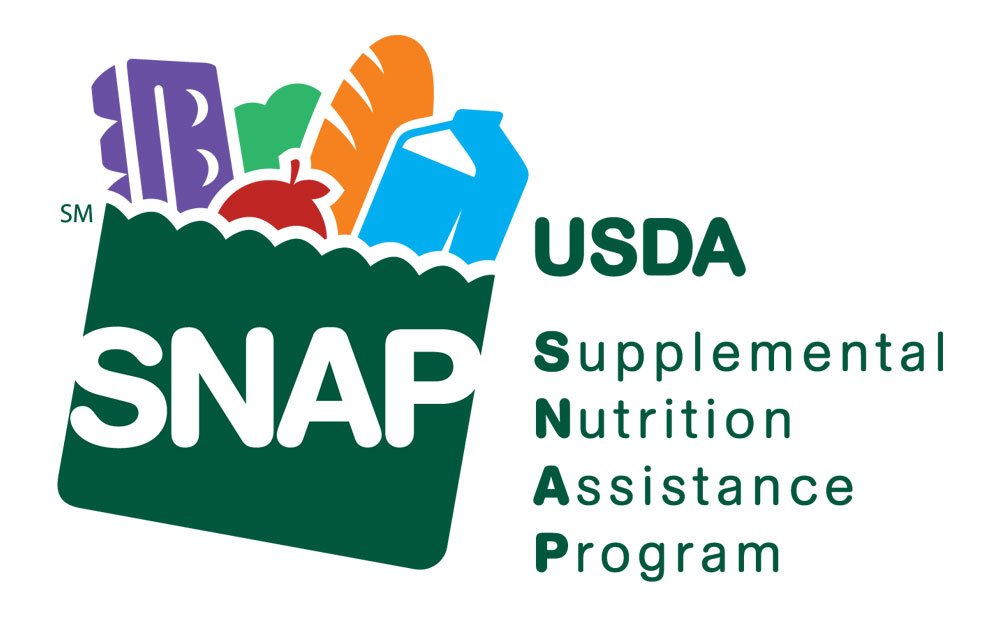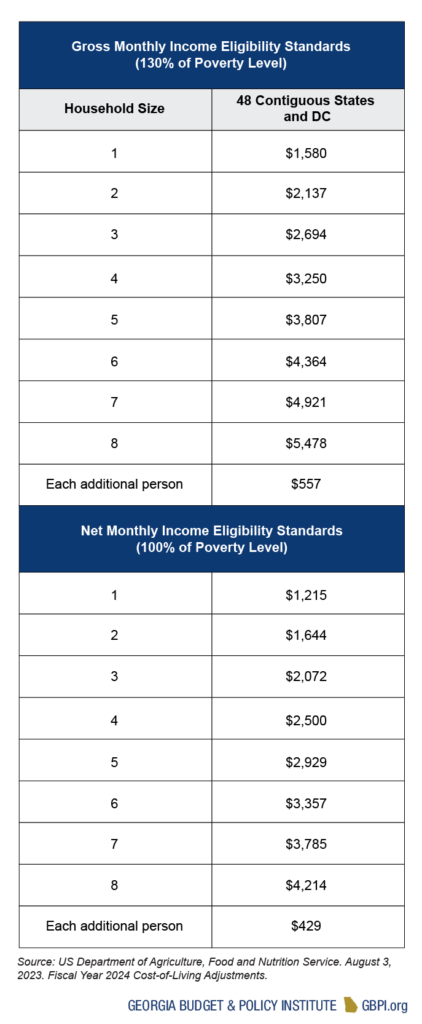Certain supplements can break a fast by triggering an insulin response or by providing calories. The impact depends on the type of fast and supplement.
Fasting, a practice of abstaining from food and drinks for specific periods, has gained popularity for its potential health benefits such as weight loss, improved metabolic health, and increased longevity. Within this health-conscious community, a common question arises: do supplements interfere with the fasting process?
Navigating the world of supplements during fasting periods can be complex, as not all supplements are created equal. Some are calorie-free and won’t disrupt your fast, while others contain energy-yielding ingredients that could. Understanding which supplements can be taken during a fast and which to avoid is crucial for maintaining the fast’s integrity. This introduction sets the stage for an in-depth look at the relationship between fasting and supplement intake, aiming to guide those looking to optimize their fasting experience without compromising the benefits.
Fasting Fundamentals
Exploring the fundamentals of fasting reveals its rich tapestry of practices and purposes. Let’s delve into why people fast and the various methods they choose.
The Purpose Behind Fasting
Fasting serves multiple objectives, each with profound health and spiritual benefits. People embrace fasting to cleanse their bodies, improve metabolism, or seek mental clarity. For some, fasting holds religious significance, offering a time for reflection and devotion. Weight loss and detoxification also motivate individuals to fast.
Types Of Fasting Regimens
Diverse fasting methods cater to different goals and lifestyles. Here’s a snapshot of popular fasting types:
- Intermittent Fasting (IF): Cycles between eating and fasting periods. Common patterns include 16/8 or 5:2 methods.
- Time-Restricted Eating: Limits food intake to specific hours each day.
- Alternate-Day Fasting: Involves regular fasting every other day.
- Extended Fasting: Lasts for 24 hours or more, often for deeper cleansing or spiritual reasons.
- Water Fasting: Involves only water intake for a set period.
Choosing the right type of fasting aligns with personal goals and ensures a safe and effective experience.
What Breaks A Fast?
Understanding what breaks a fast is key when following intermittent fasting. This guide explores the impact of supplements and other ingestibles on fasting.
Caloric Intake And Fasting
Taking in calories is a primary factor that can break a fast. Here’s how different supplements might affect your fast:
- Vitamin supplements usually have negligible calories and typically do not break a fast.
- Protein powders and meal replacements, however, contain calories, thus breaking a fast.
- Oil-based supplements like fish oil have high calories and will break a fast.
Check labels for caloric content to stay safe during fasting.
Insulin Response And Metabolic Shift
Insulin levels respond to certain supplements, impacting fasting:
| Supplement Type | Insulin Impact |
|---|---|
| Sweetened supplements | High |
| Unsweetened supplements | Low |
| Fiber supplements | Minimal |
Opt for unsweetened and unflavored supplements to avoid an insulin spike.
Supplements And Fasting
Exploring the world of fasting, many wonder about supplements. Can you take them without breaking your fast? This question is crucial for those dedicated to the practice of fasting. Supplements can offer health benefits. But, they might also affect the fasting state. Let’s dive into the details.
Common Supplements Considered During Fasting
Fasters often think about including supplements. These can be vitamins, minerals, or amino acids. The goal is to maintain nutrient levels. People fast for various reasons. These include health, religious beliefs, or even as part of a diet routine.
- Multivitamins: Filled with essential vitamins.
- Electrolytes: Important for hydration balance.
- BCAAs: Branched-chain amino acids for muscle support.
- Fiber Supplements: Help with digestive health.
- Omega-3s: Fatty acids for heart and brain health.
Impact On Autophagy And Ketosis
Autophagy is the body’s way of cleaning out damaged cells. It is a key benefit of fasting. Ketosis is another fasting benefit. It’s when the body uses fat for fuel. Supplements might affect these processes.
| Supplement Type | Impact on Autophagy | Impact on Ketosis |
|---|---|---|
| Multivitamins | Minimal impact | May support ketosis |
| Electrolytes | No direct impact | Supportive for electrolyte balance |
| BCAAs | May interrupt autophagy | Can disrupt ketosis |
| Fiber Supplements | Minimal impact | May support gut health |
| Omega-3s | Minimal impact | May support ketosis |
Choosing the right supplements requires care. Each individual’s body reacts differently. It’s essential to consult a healthcare provider. This ensures the fasting journey remains effective and safe.

Credit: levelsprotein.com
Vitamins And Minerals
Vitamins and minerals play crucial roles in maintaining health. People often wonder if they can take these nutrients during a fast without breaking it. Understanding the differences between water-soluble and fat-soluble vitamins, as well as the importance of essential minerals, is key to fasting effectively while supporting your body’s needs.
Water-soluble Vs. Fat-soluble Vitamins
Vitamins are divided into two categories: water-soluble and fat-soluble. The body excretes water-soluble vitamins more easily, meaning a regular intake is important. Fat-soluble vitamins, however, are stored in the body’s fat and released as needed.
| Water-Soluble | Fat-Soluble |
|---|---|
| Vitamin C | Vitamin A |
| B Vitamins | Vitamin D |
| Vitamin E | |
| Vitamin K |
Taking water-soluble vitamins may not break a fast if they contain no calories. But, fat-soluble vitamins should be taken with food to enhance absorption.
Essential Minerals During A Fast
Minerals like sodium, potassium, and magnesium are essential during fasting. They help maintain hydration and support vital bodily functions. Here’s a list of minerals you should focus on:
- Sodium – balances fluids in the body
- Potassium – crucial for heart and muscle function
- Magnesium – aids energy production and nerve function
Many fasting protocols allow for the intake of these minerals as they do not provide calories and thus do not break a fast. Supplements or electrolyte drinks free from sugars and calories can be an effective way to provide these essential nutrients.
Protein Powders And Amino Acids
Exploring the world of fasting, many wonder about the impact of protein powders and amino acids. These supplements are popular among fitness enthusiasts. Understanding their role during a fast is crucial for maintaining the fast’s integrity.
The Role Of Protein In Fasting
Fasting means no caloric intake for a set period. Protein powders, often used for muscle repair, can contain calories. This leads to a crucial question:
- Does protein break a fast?
Technically, consuming protein powder introduces calories and starts metabolic processes that break a fast.
Amino Acids: Do They Break The Fast?
Amino acids are the building blocks of protein. They can stimulate an insulin response. This response can potentially end the fasting state.
| Amino Acid Type | Impact on Fasting |
|---|---|
| Essential | May break fast |
| Non-essential | May break fast |
To keep a fast intact, avoid amino acid supplements during fasting windows. Opt for zero-calorie options like water or herbal teas.
Prebiotics And Probiotics
Exploring the impact of prebiotics and probiotics during a fasting period is crucial. These supplements could influence your fast.
Gut Health During Fasting
Fasting can reset your gut health. It gives your digestive system a rest. But what about the good bacteria?
Probiotics are live bacteria. They support gut health. Prebiotics feed these bacteria. Both can be crucial for a healthy gut.
Effects On Intestinal Flora
Intestinal flora balances during fasting. Probiotics and prebiotics can affect this balance.
- Probiotics may add beneficial bacteria to your gut.
- Prebiotics ensure these bacteria thrive.
Choosing the right supplement is key. It should not break your fast. Always check the ingredients.
Calorie-free supplements are your best bet. They are less likely to break a fast.
Caffeine And Herbal Supplements
Exploring the impact of caffeine and herbal supplements during a fasting period stirs up a crucial question. Do these substances disrupt the fast, or could they be seamlessly incorporated without breaking it? Understanding how these components interact with the body’s fasting state is key for those aiming to maintain their fast effectively.
Does Caffeine Affect Fasting?
Fasting focuses on minimal calorie intake. Caffeine, found in coffee and tea, contains zero calories and is often considered safe during a fast. It can even boost metabolism and promote fat burning. But, the story doesn’t end here.
Some caffeinated beverages come with added flavors and sweeteners. These extras can trigger a metabolic response, potentially breaking a fast. Pure, black coffee or tea, without sweeteners or milk, typically does not break a fast.
Herbs: Enhancing Or Disrupting The Fast
Herbal supplements add a layer of complexity to fasting. While some herbs may support the body’s fasting state, others could interfere.
- Zero-calorie herbs, such as turmeric or ginger, usually do not disrupt a fast.
- Herbs taken in pill form may contain fillers or binding agents. These could add calories and break a fast.
- Consuming herbal teas is typically safe. They often have no calories and can provide hydration and warmth.
Check labels for any hidden calories or sugars in herbal supplements. Opt for pure forms to maintain your fasting state.
Electrolytes And Hydration
During a fast, the body undergoes many changes, including how it manages water and electrolytes. Electrolytes are vital minerals that help balance the body’s fluids. They play a key role in maintaining muscle function and regulating pH levels. Without proper electrolyte balance and hydration, one may experience fatigue, headaches, or cramps, which can be a concern for those fasting. Let’s dive into how to maintain this balance without breaking your fast.
Maintaining Electrolyte Balance
Fasting does not mean giving up electrolytes. Essential minerals like sodium, potassium, and magnesium are crucial. The good news is, supplements containing zero calories do not break a fast. Here’s how to keep electrolytes in check:
- Choose supplements free of sweeteners and calories.
- Look for electrolyte powders or tablets that dissolve in water.
- Consume bone broth if your fasting plan allows.
- Include a pinch of salt in your water if you’re on a strict fast.
Hydration: Water Intake While Fasting
Water is essential and does not break a fast. It’s important to drink regularly to avoid dehydration. Here’s what to remember about water intake:
- Drink water throughout the day.
- Aim for at least 8 glasses or more as needed.
- Listen to your body; thirst indicates you need to drink more.
Using electrolyte supplements wisely and staying hydrated are keys to a successful fast. They ensure you get the benefits of fasting without the discomfort.
Navigating Supplement Use
When fasting, knowing when and what supplements to take is key. This part of our blog helps you navigate supplement use during fasting periods.
When To Take Supplements
Timing is crucial for supplement effectiveness during fasting. Here are the best practices:
- Water-soluble vitamins (like B and C) are best taken in the morning.
- Fat-soluble vitamins (like A, D, E, K) should be taken with a small meal to improve absorption.
- Minerals such as magnesium or zinc can be taken before sleep for better utilization.
Choosing The Right Supplements
Selecting supplements that do not break a fast is essential. Consider these points:
| Supplement Type | Consideration |
|---|---|
| Zero-calorie supplements | Preferred as they do not break the fast. |
| BCAAs or protein powders | Avoid as they may initiate an insulin response. |
| Herbal supplements | Generally safe but check for added sugars. |
Always check labels for hidden sugars or additives that could end your fast.

Credit: www.asweetpeachef.com
Expert Opinions And Research
Fasting has become a popular way to improve health. Many wonder if supplements affect a fast. Let’s explore what experts and research say about this topic.
Scientific Studies On Fasting And Supplements
Research helps us understand how supplements interact with fasting. Studies focus on different types of supplements. They look at how these might break a fast or support it.
- Electrolytes: Maintain hydration without breaking a fast.
- Vitamins: Some can trigger a metabolic response, potentially breaking a fast.
- Amino Acids: Often break a fast because they contain calories.
- Fiber Supplements: Can affect blood sugar levels and digestion.
Results show that zero-calorie supplements may not break a fast. But, those with calories likely do. Every supplement acts differently in the body. Reading labels is key to knowing their effects during a fast.
Health Professionals’ Recommendations
Doctors and nutritionists offer advice based on these studies. Their recommendations help us choose the right supplements while fasting.
| Supplement Type | Recommendation |
|---|---|
| Multivitamins | May be taken if no caloric content is present. |
| BCAAs | Typically avoided, as they can initiate an insulin response. |
| Pre-workouts | Choose caffeine-free and calorie-free options. |
| Protein Powders | Not recommended during fasting periods. |
Professionals suggest consulting with a healthcare provider. This is best before adding supplements to a fasting routine.
Personalized Approaches To Fasting
Fasting isn’t one-size-fits-all. Your body’s response can vary greatly. Personalized fasting tailors the experience to fit your individual health goals and lifestyle.
Do supplements break a fast? This question often arises. The answer depends on your fasting plan. Personalize your approach to maintain the benefits of fasting while considering supplements.
Listening To Your Body
Fasting is about connecting with your body’s signals. Does a certain supplement make you feel off during your fast? Your body might be saying it’s not the right fit. Take note of any changes in how you feel.
Energy levels and hunger cues are key indicators. They can guide your decisions on supplement intake. Choose supplements that align with your body’s needs without disrupting your fast.
Adjusting Your Fasting Plan
Not every fast requires the same approach. Adjustments may be necessary. For instance, shorter fasts might allow for certain supplements, while longer fasts might be stricter.
Consider the type of supplement. Is it a pill, powder, or liquid? Does it have calories? A calorie-free vitamin may not break a fast, while a protein shake will.
Adjust your plan based on the fasting type. Intermittent fasting allows more flexibility. Prolonged fasting may require a stricter supplement schedule.
Consult a professional if needed. They can help fine-tune your fasting plan. They ensure it aligns with your health goals while considering supplement use.

Credit: www.youtube.com
Frequently Asked Questions
Can You Take Supplements While Fasting?
Yes, you can take supplements while fasting, but choose water-soluble types, such as B vitamins or multivitamins. Avoid supplements that require food for absorption, like fish oil or vitamin D. Always consult your healthcare provider before starting new supplements during fasting.
Does A 5 Calorie Supplement Break A Fast?
A 5 calorie supplement may not technically break a fast, but it depends on your fasting goals and the type of fast you’re observing.
Does Taking Pills Break Your Intermittent Fasting?
Taking pills may or may not break your intermittent fasting; it depends on the pill’s caloric content. Most medication won’t disrupt fasting, but check for added sugars or gelatin. Always consult with a healthcare provider regarding medications and fasting.
Will Omega-3 Break My Fast?
Omega-3 supplements typically won’t break a fast, as they contain minimal to no calories. However, for strict fasting protocols, it’s best to consume them during your eating window.
Conclusion
Navigating the complexities of fasting and supplementation need not be overwhelming. With proper knowledge, you can maintain your fast while reaping the benefits of essential nutrients. Always remember to consult with a healthcare provider to tailor a plan that works best for your lifestyle and goals.
Stay informed, stay healthy, and happy fasting!










